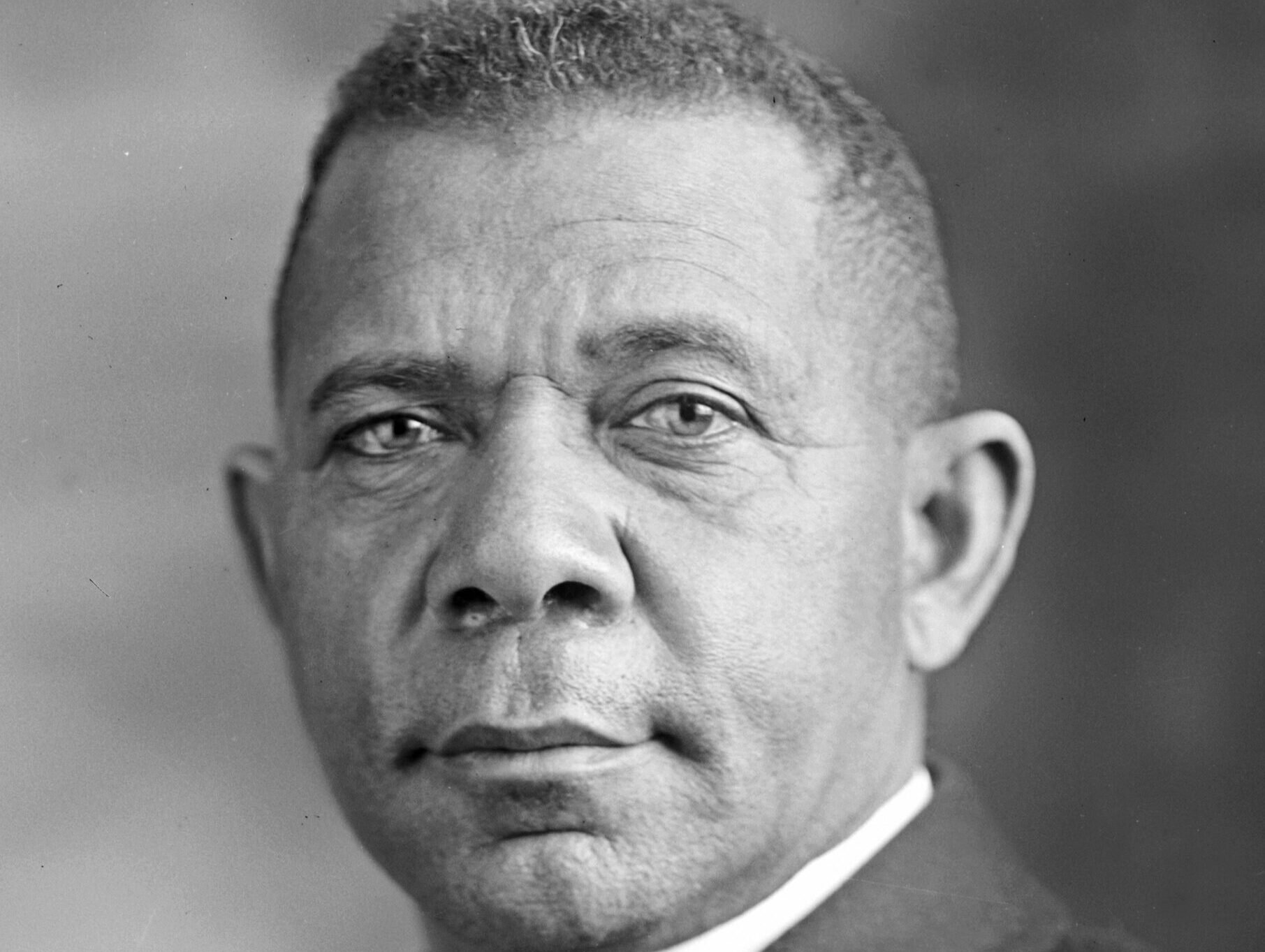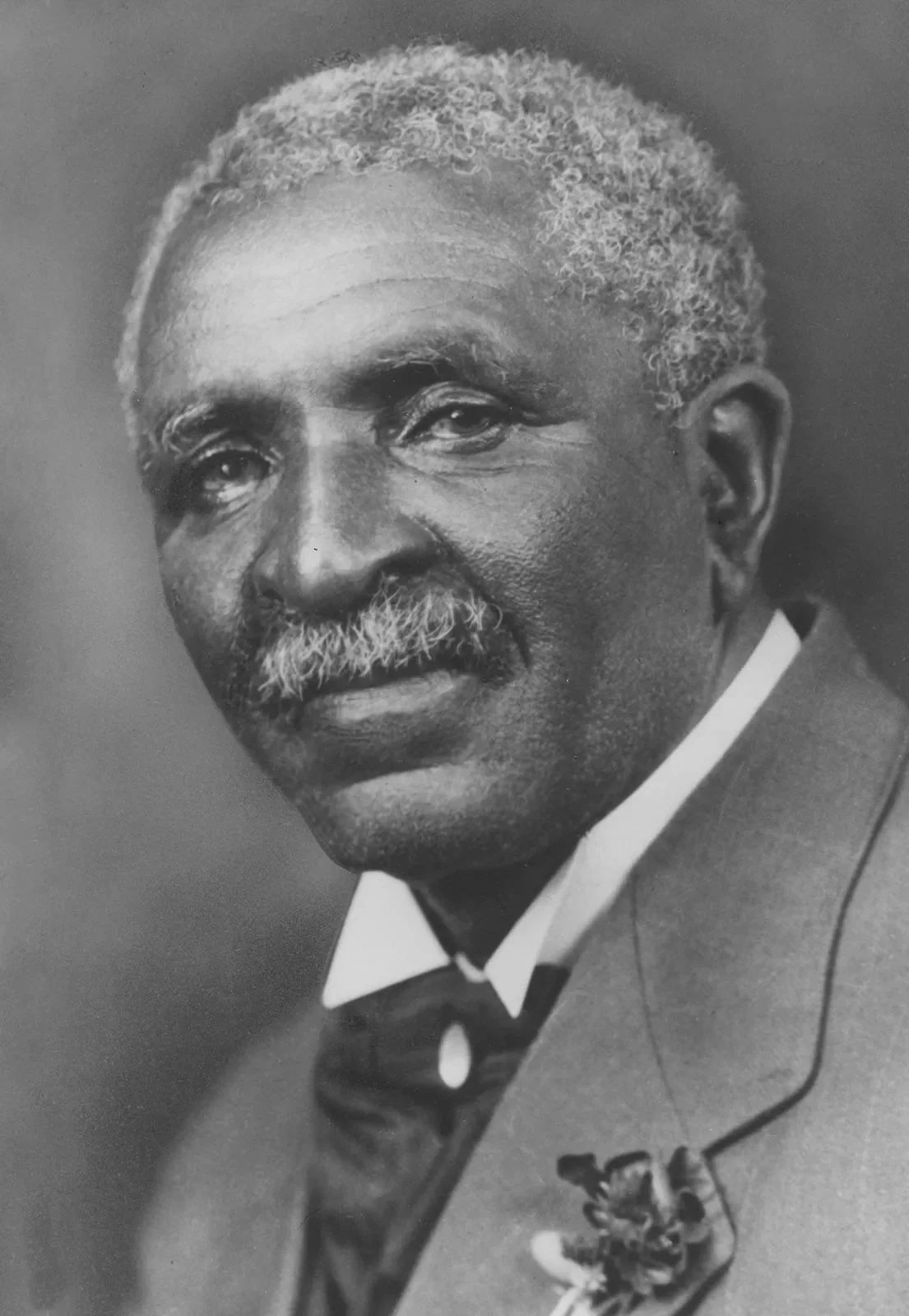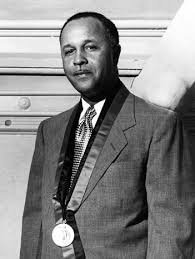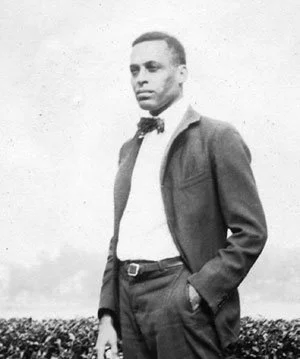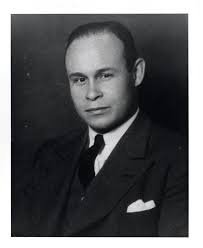Why We Need More Celebrity Blerds: Celebrating African American Scientists from Booker T. Washington to Neil deGrasse Tyson
OPINION/S.T.E.M.
In the landscape of American history, African American scientists have often faced significant challenges, including systemic racism, limited access to educational resources, and widespread societal biases. These obstacles, however, have not deterred many from making groundbreaking contributions to their fields. Their achievements have not only advanced scientific understanding but also transformed them into iconic figures who have inspired future generations to pursue careers in STEM (Science, Technology, Engineering, and Mathematics).
According to Daniel Coyle's "The Talent Code," talent emerges not just from innate ability but from deep practice and inspirational mentorship. African American celebrity scientists embody this concept by demonstrating resilience, dedication, and brilliance despite the odds. They have become symbols of perseverance and intellectual triumph, proving that talent can flourish even in the face of adversity.
For example, Booker T. Washington's emphasis on practical education and self-reliance inspired countless individuals, including Neil deGrasse Tyson, to view education as a powerful tool for overcoming social barriers. George Washington Carver's innovative agricultural techniques have left a lasting legacy, inspiring environmentalists and agricultural scientists like Percy Julian to continue improving agricultural practices for marginalized communities.
Mae Jemison, the first African American woman to travel in space, has been a beacon of inspiration for young women and people of color. Her achievements have shown that the sky is not the limit, encouraging many, including astronaut Jeanette Epps, to pursue their dreams despite societal barriers. Similarly, Neil deGrasse Tyson's charismatic communication of complex scientific concepts has made science accessible and exciting for millions, fostering a new generation of science enthusiasts.
Inspirational qualities such as resilience, curiosity, and a relentless pursuit of knowledge are embodied by these scientists, making them powerful role models. Their stories resonate deeply with those who face similar challenges, providing a roadmap for how to navigate and overcome obstacles. This aligns with the ideas in "The Talent Code," which emphasizes the role of inspirational figures in developing talent and fostering a growth mindset.
Moreover, these scientists have often credited each other and their predecessors as sources of inspiration. For instance, Shirley Ann Jackson's trailblazing career in physics and telecommunications has inspired physicists like Hadiyah-Nicole Green, demonstrating the ripple effect of one individual's achievements on subsequent generations. Katherine Johnson's critical work at NASA, highlighted in the film "Hidden Figures," has inspired countless individuals, including those within NASA, to recognize and celebrate the contributions of African American women in STEM.
In celebrating these ten individuals, we recognize their immense contributions to their respective fields and their role in igniting the imaginations of countless future scientists. Their legacies highlight the importance of diversity, representation, and the breaking of barriers in STEM. By making "nerds" cool and showcasing the value of intellectual achievement, these celebrity scientists play a crucial role in inspiring the next generation of innovators who will tackle the world's most pressing problems. Their stories serve as powerful reminders that, with perseverance and dedication, anyone can achieve greatness and contribute to the advancement of society.
1. Booker T. Washington
Booker T. Washington was a pioneering African American educator, author, and advisor to multiple presidents of the United States. As the founder of the Tuskegee Institute, a black university in Alabama, Washington played a crucial role in the education and upliftment of African Americans in the late 19th and early 20th centuries. His work emphasized practical skills and vocational training, which he believed were essential for the progress of the African American community.
Washington's legacy continues to inspire educators and civil rights leaders. Neil deGrasse Tyson, for example, often speaks about the importance of education in overcoming social barriers, reflecting the influence of Washington's ideals on his own journey.
2. George Washington Carver
George Washington Carver was an agricultural scientist and inventor who developed hundreds of products using peanuts, sweet potatoes, and other crops. His innovative techniques in crop rotation and soil improvement helped farmers improve their yields and sustain their livelihoods. Carver's work at the Tuskegee Institute not only advanced agricultural science but also provided economic opportunities for African American farmers in the South.
Carver's contributions have inspired numerous scientists and environmentalists, including Percy Julian, who admired Carver's dedication to improving agricultural practices and helping marginalized communities. Carver's story is a testament to the impact of scientific innovation on societal progress.
3. Percy Lavon Julian
Percy Lavon Julian was a pioneering chemist whose work in the field of synthetic chemistry led to the development of numerous medical treatments. Julian is best known for his synthesis of cortisone and other steroids, which have had a profound impact on the treatment of arthritis and other inflammatory diseases. His innovations also paved the way for the large-scale production of hormones and other pharmaceuticals.
Julian's achievements have inspired many in the field of chemistry, including George Washington Carver, who was a mentor to Julian. Julian's perseverance in the face of racial discrimination serves as a powerful example of the importance of diversity in scientific research.
4. Ernest Everett Just
Ernest Everett Just was a biologist and educator who made significant contributions to the field of cell biology. Just's research focused on the structure and function of the cell, particularly in marine organisms. His work on egg fertilization and cell division provided valuable insights into developmental biology.
Just's contributions have been recognized by many scientists, including Roger Arliner Young, who was inspired by Just's research and became the first African American woman to earn a Ph.D. in zoology. Just's legacy highlights the importance of mentorship and representation in the sciences.
5. Charles Drew
Charles Drew was a pioneering physician and medical researcher known for his work on blood transfusions and the development of blood banks. Drew's research on the storage and processing of blood plasma led to the establishment of blood banks during World War II, saving countless lives. He was also the first African American to earn a Doctor of Medical Science degree from Columbia University.
Drew's work has had a lasting impact on the field of medicine and has inspired many, including hematologist Jean L. Wright, who has cited Drew's contributions as foundational to her own research. Drew's legacy underscores the importance of medical innovation and the critical role of diversity in healthcare.
6. Mae Jemison
Mae Jemison is an engineer, physician, and former NASA astronaut who became the first African American woman to travel in space. Jemison's mission aboard the Space Shuttle Endeavour in 1992 marked a significant milestone in space exploration and inspired countless young women and people of color to pursue careers in STEM.
Jemison's achievements have been celebrated by many, including astronaut Jeanette Epps, who has spoken about Jemison's influence on her own career. Jemison's journey highlights the importance of representation and the power of breaking barriers in inspiring future generations.
7. Neil deGrasse Tyson
Neil deGrasse Tyson is an astrophysicist and science communicator known for his work in popularizing science through television shows, books, and public lectures. As the director of the Hayden Planetarium in New York City, Tyson has been a prominent advocate for space exploration and science education. His charismatic personality and ability to engage with the public have made him one of the most recognizable faces in modern science.
Tyson often cites Carl Sagan as a major influence on his career, emphasizing the importance of mentorship in science. Tyson's ability to make science accessible and appealing to a broad audience has inspired many to explore the wonders of the universe.
8. Shirley Ann Jackson
Shirley Ann Jackson is a physicist and the first African American woman to earn a Ph.D. from MIT. Jackson's research in theoretical physics and telecommunications has had a significant impact on the development of technologies such as caller ID and fiber optics. She has also served as the president of Rensselaer Polytechnic Institute, where she has championed STEM education and research.
Jackson's achievements have inspired many in the field of physics, including physicist Hadiyah-Nicole Green, who has cited Jackson's trailblazing career as a source of motivation. Jackson's legacy highlights the importance of diversity in driving scientific and technological advancements.
9. Katherine Johnson
Katherine Johnson was a mathematician whose calculations of orbital mechanics were critical to the success of NASA's manned spaceflights. As one of the first African American women to work as a NASA scientist, Johnson's work was instrumental in ensuring the safety of astronauts and the success of missions like Apollo 11.
Johnson's story, highlighted in the film "Hidden Figures," has inspired many young women and people of color to pursue careers in STEM. Her contributions underscore the importance of diversity in science and the value of different perspectives in solving complex problems.
10. Marie Maynard Daly
Marie Maynard Daly was a biochemist and the first African American woman to earn a Ph.D. in chemistry in the United States. Daly's research focused on the chemistry of the human body, including studies on cholesterol and its relationship to heart disease. Her work provided important insights into the prevention and treatment of cardiovascular diseases.
Daly's achievements have inspired many in the field of biochemistry, including research scientist Asmeret Asefaw Berhe, who has cited Daly's pioneering work as a source of inspiration. Daly's legacy highlights the critical role of diversity in advancing scientific knowledge and improving public health.
The Importance of Celebrity Scientists
Celebrity scientists play a crucial role in society by inspiring future generations to pursue careers in STEM disciplines. Their public presence helps demystify science, making it more accessible and appealing to a broader audience. This, in turn, can lead to increased interest in scientific education and a more scientifically literate society.
Inspiration and Aspiration
According to Daniel Coyle's "The Talent Code," talent is not just about innate ability but also about deep practice and mentorship. Celebrity scientists provide both by serving as role models and mentors, demonstrating the possibilities within the field of science. Their stories of perseverance, curiosity, and innovation resonate with young minds, encouraging them to explore and engage with scientific concepts.
Making "Nerds" Cool
The portrayal of scientists in popular media has evolved, with figures like Neil deGrasse Tyson and Mae Jemison making science "cool." This shift in perception is vital as it can help dismantle stereotypes that often discourage young people from pursuing STEM careers. When society celebrates intellectual achievement alongside athletic or artistic accomplishments, it sends a powerful message about the value of knowledge and innovation.
In addition to established figures, several up-and-coming young Black minds are making significant strides in STEM fields and could soon join the ranks of these celebrated "nerds." For instance, Kristen Wells-Lewis, a chemist from Houston, is working to open the door for Black girls in STEM through her initiative "Black to the Lab," which recently received a $25,000 grant to further its mission. Her efforts aim to inspire and empower young girls to pursue STEM careers by providing them with resources and mentorship opportunities (EBONY) (NSBE).
Kristen Wells-Lewis
Terrence Howard, an acclaimed actor, has also made recent contributions to STEM. Known for his roles in films and TV shows, Howard has a lesser-known passion for science and technology. He has developed a new branch of mathematics called "Terryology," which he claims can redefine the understanding of fundamental principles of physics. Howard's public discussions about his scientific work bring a unique blend of celebrity and STEM, potentially inspiring a diverse audience to take an interest in science (EBONY).
LeVar Burton, widely known for his role in "Star Trek: The Next Generation" and as the host of "Reading Rainbow," has inspired generations to read and appreciate the value of knowledge. His influence demonstrates how celebrity power can be harnessed to promote literacy and education. Similarly, scientifically minded individuals can leverage their public platforms to make STEM fields cool and accessible, thereby inspiring future generations to pursue scientific endeavors.
Tackling Global Challenges
As the world faces complex challenges such as climate change, pandemics, and technological disruptions, the need for scientific expertise has never been greater. Celebrity scientists can galvanize public support for scientific research and innovation, helping to address these global issues. Their ability to communicate the importance of science to a broad audience can drive policy changes and funding for critical research areas.
Conclusion
From Booker T. Washington to Neil deGrasse Tyson, African American celebrity scientists have made significant contributions to our understanding of the world and inspired countless individuals to follow in their footsteps. Their legacy is a testament to the power of curiosity, perseverance, and communication. By celebrating these "nerds," we can foster a culture that values science and encourages the next generation of innovators to tackle the world's most pressing problems. Stay tuned to Blerdz.net. Follow us on our social media channels: Twitter, YouTube, Instagram, and Facebook. 👓



